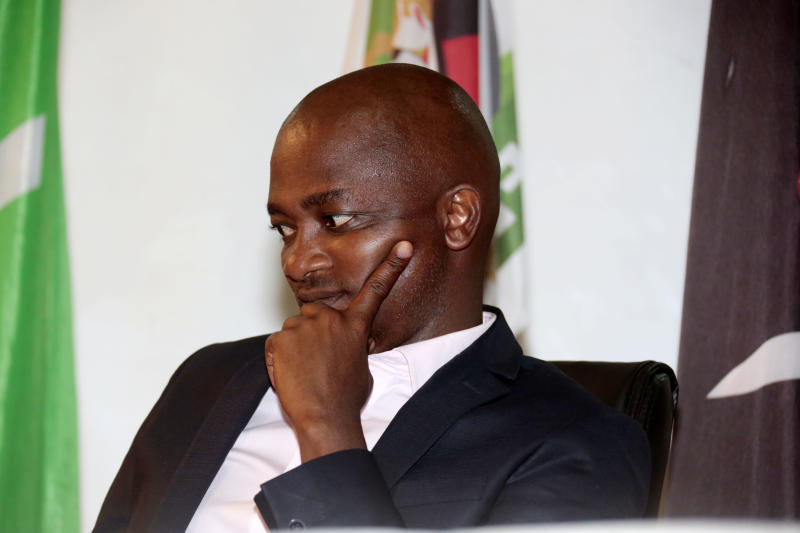×
The Standard e-Paper
Stay Informed, Even Offline

As the rot in Football Kenya Federation’s (FKF) continues to unravel, questions abound as to the root cause of its problems.
Details of a probe ordered by Sports Registrar Rose Wasike on October 14 cite several instances it claims the federation flouted the Sports Act 2013.